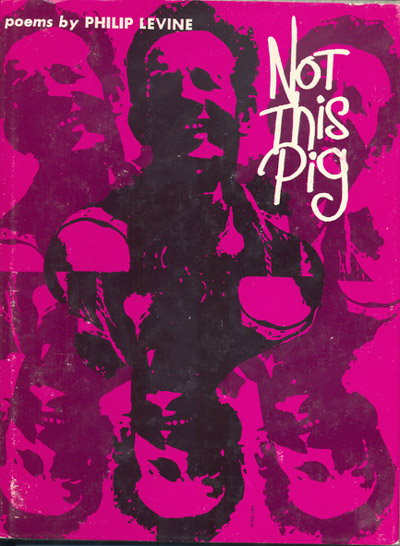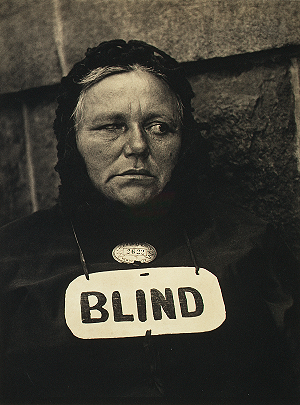This week’s images from Tahrir Square in Cairo give a passionate urgency to the metaphor of the Arab street. Since 9/11, American media have used the phrase widely as shorthand for Arab public opinion. But a researcher at York University in Toronto says its meanings are more nuanced. As it’s used in American media, the term often is associated with Irrationality, volatility, and violence. In Arab media the usage is more affirmative, suggesting “main street” or the will of the people. Arab media also apply it globally, speaking in turn about the American street. Why don’t we say that? I hear it as a metaphor for the public sphere, and the free discourse that sustains it. Where else would a flaneur locate it?
Muhammad Ali Khalidi talked about his research with On the Media:
Muhammad Ali Khalidi was coauthor of a 2009 paper about media perceptions of the Arab street in Middle East Journal:
Where did this expression originate?
To summarize our results, we found that the term Arab street is associated with volatility and irrationality, as revealed by the contexts of its use in the US written news media. We also found that the term Arab street is the overwhelmingly predominant means of referring to Arab public opinion in the US media; by contrast, the literal and less freighted term Arab public opinion is surprisingly rare. Thus, the street metaphor carries negative connotations and is extremely widespread.
The origins of the expression are less clear. The term street has been associated with the public and with public opinion in English since at least the 1930s, and this English usage may have contributed to the adoption of the Arab street metaphor. At the same time, it is likely that the metaphor is derived at least in part from the Arabic usage of al-shari‘ (the street) as a metaphor for the public. This Arabic metaphor carries some of the same negative overtones as its English counterpart, although it also sometimes carries positive ones. Another major difference is that the street metaphor in English is applied nearly exclusively to Arab public opinion, while in Arabic it is applied broadly (e.g. al-shari‘ al-britani — the British street).
In sum, whatever the origins of the metaphor, the US media regularly use Arab street with a distinctly negative cast, and deploy it near-canonically as the means of referring to Arab public opinion, while very rarely using the street metaphor for referring to other publics — inviting readers to consider Arab public opinion in a negatively framed and sui generis fashion. In what follows, we present these findings, and then discuss their implications. Taken broadly, our investigation of this phrase and its uses is an inquiry into the significance of political metaphor; more specifically, it consists of an analysis of the way in which a certain linguistic expression contributes to perceptions of the Arab world in the English-speaking West. Read more (PDF)
![gustave_caillebotte_paris_street_rainy_day Gustave Caillebotte. Paris Street, Rainy Day (La Place de l’Europe, temps de pluie). 1877. Oil on canvas. Art Institute of Chicago. [Source: Wikimedia Commons]](../../../../wp-content/uploads/2009/02/gustave_caillebotte_paris_street_rainy_day_1877_wiki.jpg)
![Fog at Isle Royale [Source: wildmengoneborneo.com] Fog at Isle Royale [Source: wildmengoneborneo.com]](../../../../wp-content/uploads/2008/04/isle_royale_fog.jpg)
 If there is an emerging genetic underclass, I could run for class president or class clown. Read more in
If there is an emerging genetic underclass, I could run for class president or class clown. Read more in 
